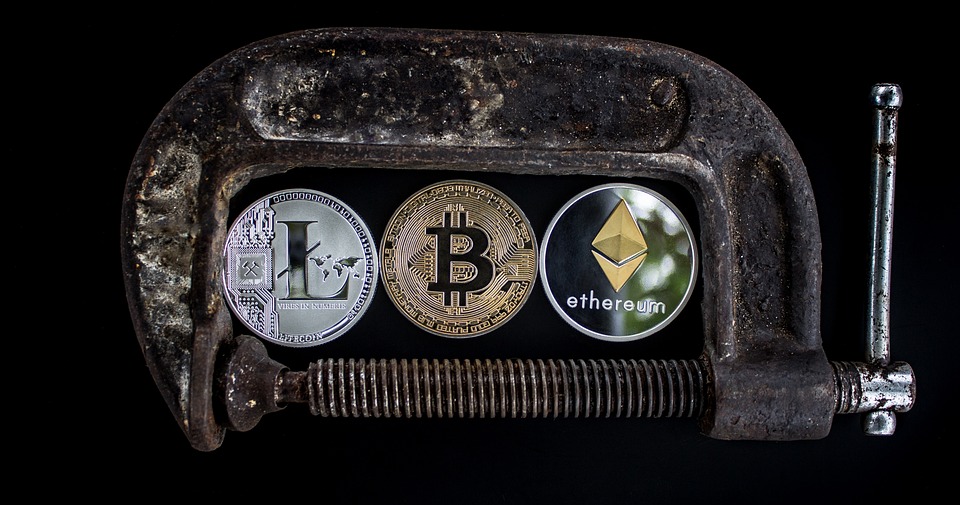In recent years, the world of cryptocurrency has seen explosive growth and popularity. As more and more people become interested in investing in digital assets, the need for trading platforms to facilitate these transactions has also increased. This has led to the rise of crypto exchanges, which allow investors to buy, sell, and trade cryptocurrencies such as Bitcoin, Ethereum, and Litecoin.
Crypto exchanges have become a crucial component of the cryptocurrency ecosystem, providing a convenient and secure way for investors to trade digital assets. These platforms offer a variety of features, such as real-time trading data, advanced charting tools, and multiple trading pairs. Some exchanges even allow investors to margin trade or participate in initial coin offerings (ICOs).
One of the key reasons for the popularity of crypto exchanges is the ability to trade 24/7, unlike traditional stock markets that have limited trading hours. This round-the-clock availability allows investors to take advantage of market movements at any time of the day or night. Additionally, the decentralized nature of cryptocurrencies means that transactions can be conducted instantly, without the need for intermediaries such as banks.
Another factor driving the growth of crypto exchanges is the increasing acceptance and adoption of digital assets by mainstream financial institutions. Major companies such as PayPal, Square, and Visa have begun to integrate cryptocurrencies into their platforms, making it easier for investors to buy and sell digital assets. This mainstream acceptance has helped to legitimize cryptocurrencies and attract a wider range of investors.
In addition to individual investors, institutional investors are also beginning to take notice of crypto exchanges. Hedge funds, asset management firms, and even traditional banks are starting to explore ways to incorporate cryptocurrencies into their investment portfolios. This influx of institutional money is expected to further drive the growth of crypto exchanges and increase liquidity in the market.
Despite their popularity, crypto exchanges also face challenges and regulatory scrutiny. Security concerns, such as hacking and fraud, are a major issue for exchanges, as evidenced by high-profile incidents such as the Mt. Gox and Coincheck hacks. Regulatory agencies around the world are also tightening their oversight of crypto exchanges to prevent money laundering and other illegal activities.
In conclusion, the rise of crypto exchanges has revolutionized the way investors trade digital assets. These platforms provide a convenient and accessible way for individuals and institutions to buy and sell cryptocurrencies, driving the growth and adoption of digital assets. As the cryptocurrency market continues to evolve, crypto exchanges will play a crucial role in facilitating the trading of these innovative and disruptive assets.




